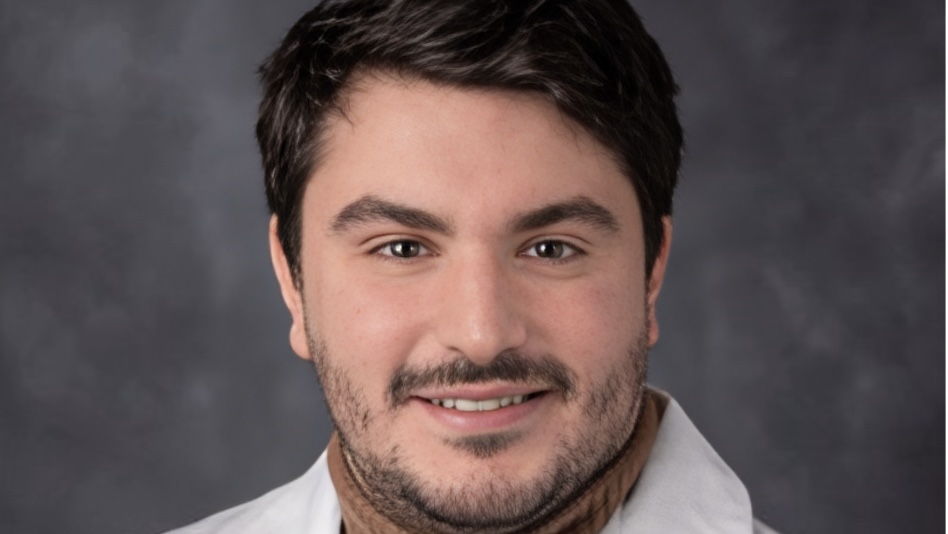
Efficacy and safety of nivo/ipi in patients with metastatic vhRCC by Mohammad Jad Moussa et al.
A paper by Mohammad Jad Moussa et al. was published in Journal for ImmunoTherapy of Cancer, titled:
Authors: Mohammad Jad Moussa, Jaanki Khandelwal, Nathaniel Wilson, Omar Alhalabi, Nizar Tannir et al.

This study presents a comprehensive analysis of the clinical outcomes, safety, and molecular characteristics of patients with variant histology renal cell carcinoma (vhRCC) treated with nivolumab plus ipilimumab (nivo/ipi).
Among the 19 patients who discontinued therapy without subsequent treatment, 15 did so after induction, with eight succumbing to cancer-related complications, three dying from intercurrent disease, and the remaining four discontinuing due to toxicity or other factors.
Safety data, primarily capturing Grade 3 and 4 adverse events (AEs), revealed immune-mediated toxicities such as colitis, pneumonitis, and hepatitis in 30.9% of patients. Treatment-related serious AEs included pulmonary embolism and anaphylaxis.
While no Grade 5 AEs were reported, management often required high-dose glucocorticoids and immunosuppressive agents, with some patients transitioning to other therapies or opting for surveillance.
Molecular profiling of metastatic tumors provided insights into the genomic landscape of vhRCC subtypes. TP53, PTEN, TERT, and NF2 mutations were among the most frequent somatic alterations, with distinct mutation patterns observed across chromophobe (chRCC), papillary (pRCC), and unclassified RCC (uRCC).
Notably, TP53 mutations were predominant in chRCC, whereas TERT mutations were enriched in pRCC. Sarcomatoid features (SF) were present in a significant subset of cases and were associated with a higher objective response rate (ORR) across all histologies.
However, while SF appeared to confer a progression-free survival (PFS) benefit in pRCC and chRCC, this did not consistently translate to improved overall survival (OS), likely due to small sample sizes.
Comparing these findings with the CheckMate 920 trial, which also evaluated first-line nivo/ipi in metastatic vhRCC, both studies demonstrated durable responses, particularly in pRCC and uRCC. The median OS in this study was 19.4 months, aligning closely with CheckMate 920’s reported 21.2 months.
Additionally, the prevalence of SF in this cohort was higher than expected, likely reflecting a treatment preference for nivo/ipi in patients with aggressive tumor phenotypes at major academic centers.
These results reinforce the role of nivo/ipi as a viable option for select vhRCC patients, particularly those with SF, while highlighting the need for further research to refine patient selection criteria and optimize treatment strategies.
Overall, this study underscores the heterogeneity of vhRCC and the importance of histology-specific treatment approaches. While nivo/ipi demonstrated encouraging clinical activity, particularly in pRCC, uRCC cases exhibited worse outcomes, likely due to a higher prevalence of liver metastases and nodal disease burden.
The genomic analysis provided additional prognostic insights, revealing molecular alterations linked to differential treatment responses. Future studies should further explore biomarkers that predict immunotherapy benefit and investigate combination strategies that may enhance efficacy in these rare RCC subtypes.
Read more posts featuring Mohammad Jad Moussa.
-
Challenging the Status Quo in Colorectal Cancer 2024
December 6-8, 2024
-
ESMO 2024 Congress
September 13-17, 2024
-
ASCO Annual Meeting
May 30 - June 4, 2024
-
Yvonne Award 2024
May 31, 2024
-
OncoThon 2024, Online
Feb. 15, 2024
-
Global Summit on War & Cancer 2023, Online
Dec. 14-16, 2023
